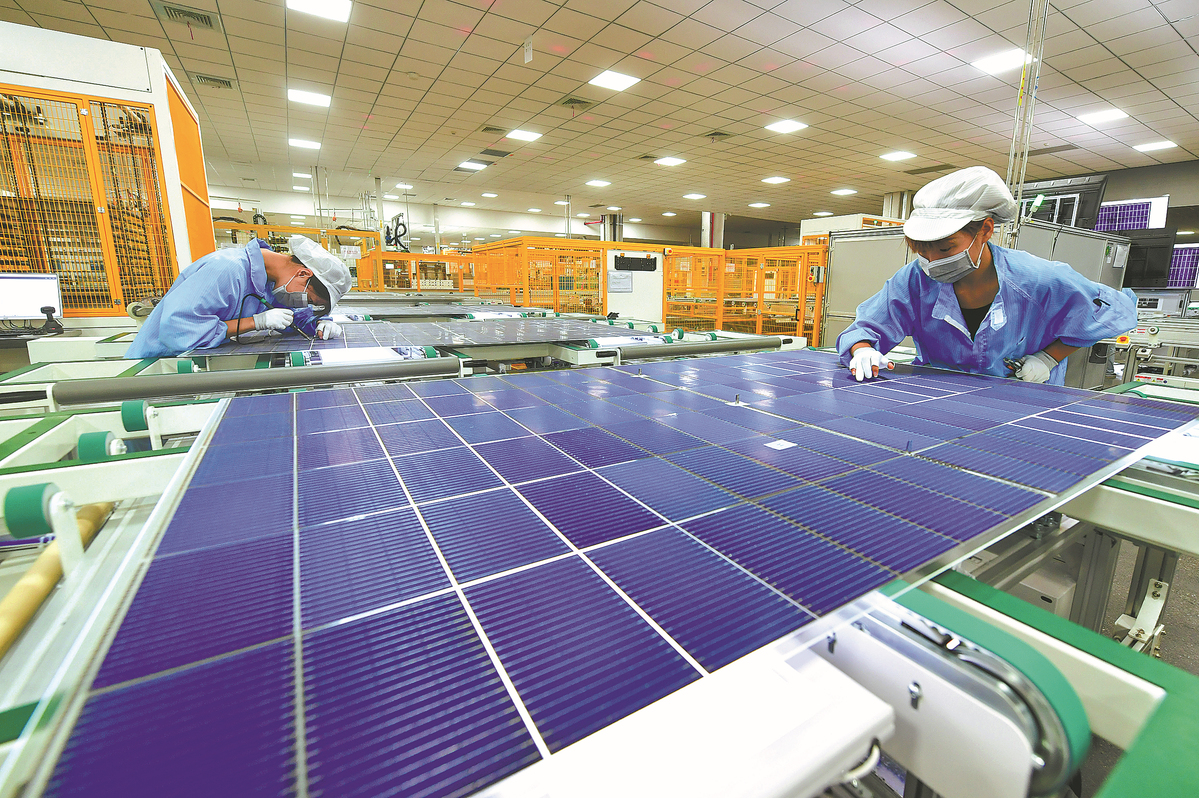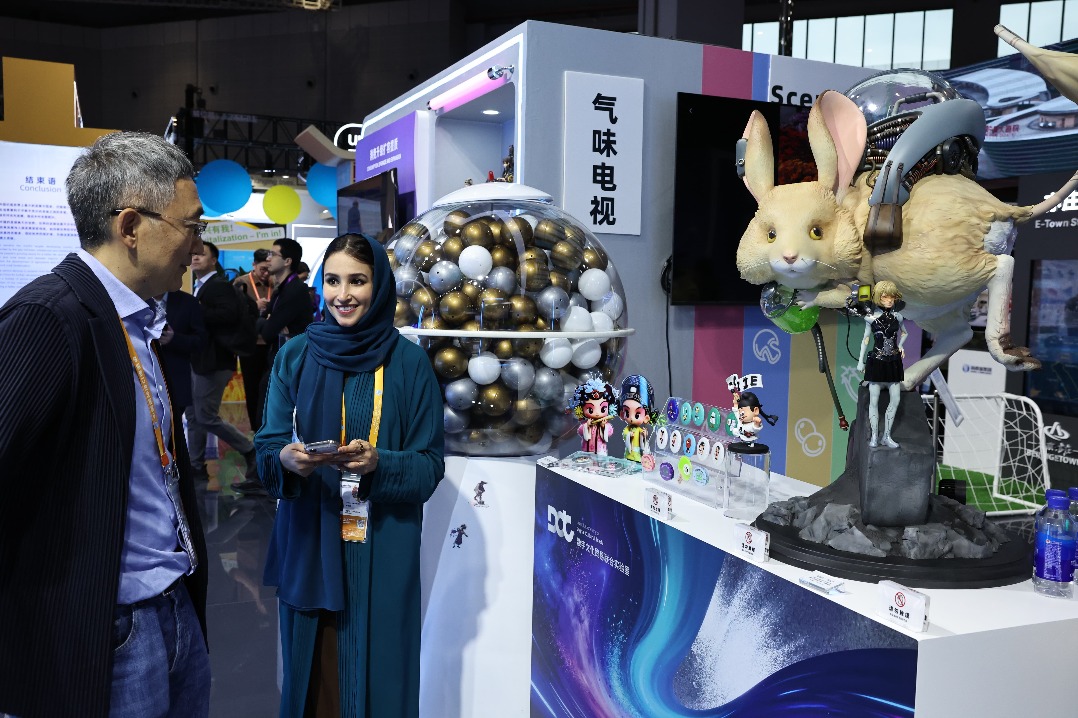China's unicorn firms gaining ground on international stage
Country ranks 2nd globally, accounts for nearly 30 percent of world's total


China continues to rise as a key player in the global innovation ecosystem, ranking second globally in the number of unicorn companies and accounting for nearly 30 percent of the world's total, said a newly released report.
According to a unicorn enterprise development report released at the Zhongguancun Forum in March, China's unicorn companies are gaining global prominence, with a total of 409 unicorns valued at approximately $1.5 trillion.
Unicorns, generally defined as privately held companies that are less than 10 years old and valued at over $1 billion, are considered to have unique core technologies, competitive advantages and significant market potential.
Xie Shaofeng, chief engineer of the Ministry of Industry and Information Technology, said: "The rapid rise of China's unicorns in recent years can be attributed to the dominance of intelligent technologies. Nearly a third of the country's unicorns hail from smart technology fields, including large models and autonomous driving, which have fueled the growth of sub-sectors such as smart healthcare, logistics and manufacturing."
The report said that China's unicorns span 12 sectors, with significant representation in integrated circuits and semiconductors, software and information services, new energy technologies, AI, intelligent manufacturing and new consumption.
Among these, AI leads in terms of total valuation, with Chinese unicorns in the AI sector collectively valued at $461.2 billion. The new consumption and retail sector follows closely at $203.9 billion, while integrated circuits round out the top three with a valuation of $192.5 billion.
On average, the unicorns in AI, e-commerce and new energy smart vehicles have the highest valuations, with averages of $7.56 billion, $6.19 billion and $5.43 billion, respectively. The report also highlighted the emergence of "super unicorns" — companies valued at over $10 billion. Currently, there are 18 such companies in China.
In terms of quantity, the new consumption and retail sector leads with 66 unicorns, followed by AI (61), integrated circuits (54), intelligent equipment (54) and pharmaceutical health (43). Together, these five sectors account for 68 percent of all Chinese unicorns.
One such unicorn is Uisee, a leader in autonomous driving. Wu Gansha, co-founder and chairman of the company, highlighted the need for differentiation, either by focusing on niche markets that larger companies overlook or by optimizing technologies to offer affordable, high-quality products.
"Unicorns generally follow one of the two paths," Wu explained. "Either they carve out a unique position in a neglected niche, becoming the first or the only in that field based on their core capabilities, or they bring down costs dramatically through innovative technologies and engineering. The key is to scale that advantage, turning a unicorn into a super unicorn."
Looking ahead, Wu said that globalization is essential for China's unicorns to thrive. "High labor costs and markets with rigid demand are ideal environments to maximize technological value," he said.
For Chinese companies to succeed on the global stage, they must ensure that their products meet international standards, enabling them to quickly respond to global competition and "go global" with minimal lag time, industry experts added.
As China's unicorns continue to expand their reach, their influence on global markets is expected to grow, further reshaping the landscape of innovation and technology across multiple industries. With government support and a growing ecosystem of talent and capital, the future looks promising for China's fast-rising tech giants.
However, Li Daokui, director of Tsinghua University's Academic Center for Chinese Economic Practice and Thinking, said that those firms on the verge of becoming unicorns face significant funding shortages.
Few unicorns are able to rely entirely on profits to sustain their growth, and many require patient capital to support their long-term development, he said.
- China to support growth of unicorn, gazelle companies
- National high-tech zones host two-thirds of China's unicorn firms
- Guangzhou aims for quality, innovation to reshape industries
- Symposium invigorates confidence in China's capital mkt, investment expectations
- Chinese space firm showcases mobile-to-satellite communication tech




































